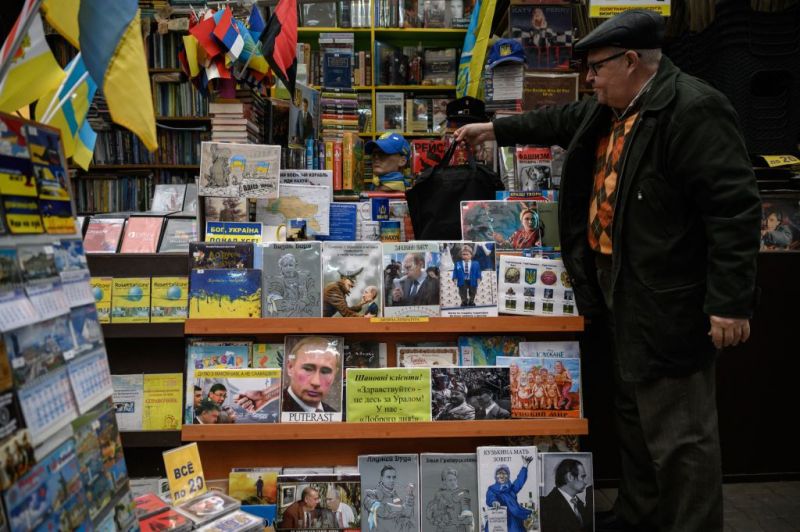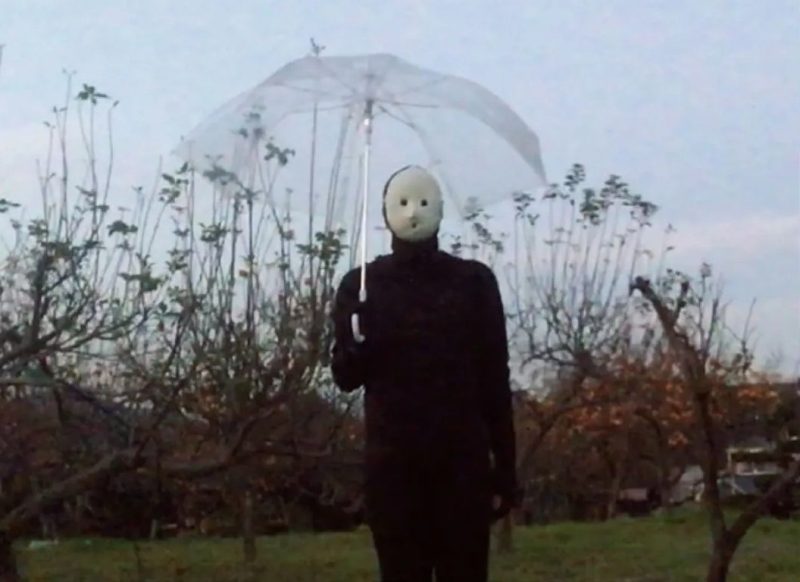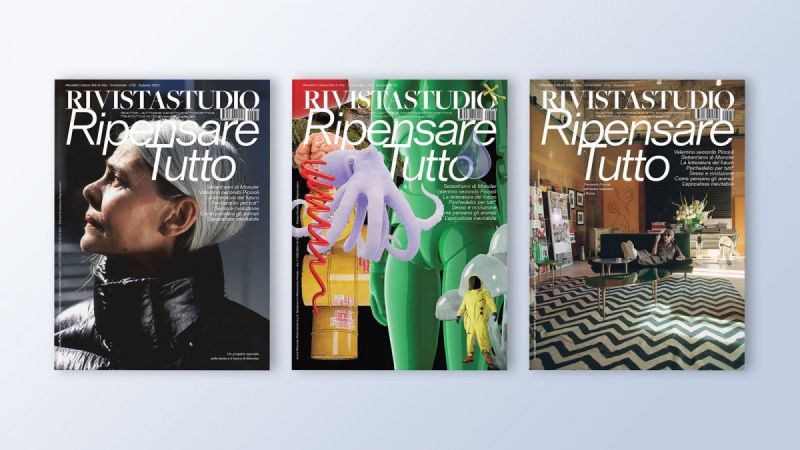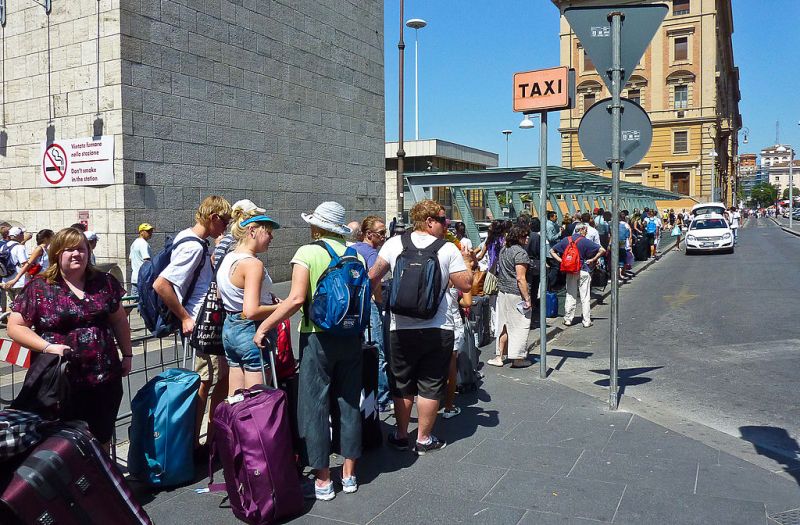Le storie, le interviste, i personaggi del nuovo numero di Rivista Studio.
We are not the dead: ritratti prima, durante e dopo l’Afghanistan
We are not the dead, immaginatelo detto con un moto d’orgoglio. Questo il titolo del progetto fotografico e giornalistico dell’inglese Lalage Snow, che ha realizzato una serie di ritratti in forma trittica, ovvero primissimi piani di soldati del primo battaglione del Royal Regiment of Scotland in tre fasi cruciali della loro vita: prima della partenza per l’Afghanistan, durante la permanenza (soprattutto in seguito all’esplosione di uno IED, ovvero una bomba artigianale e rudimentale, che coinvolse il loro reggimento) e al ritorno dopo tre mesi in patria. Il tutto corredato – da qui il lato giornalistico del progetto – da tre interviste realizzate nei diversi momenti dello scatto. Vi lasciamo alle immagini, senza addentrarci – non ne saremmo capaci, d’altronde – in analisi fisiognomiche o psicologiche. Quello che si evince, come sembra naturale d’altronde, è un diffuso sentimento di precarietà e paura, e l’enorme sollievo per il ritorno in patria. Il resto del progetto è consultabile sulle pagine del Telegraph.
Second Lieutenant Adam Petzsch, 25.
6th March , Edinburgh: “I suppose I am a bit apprehensive but I want to see what it is really like’. It is what I joined the army for but I don’t know what to expect.”
19th June, Compound 19, Nad-Ali After the IED: “It was my first IED incident and first casualty. You don’t think about it ’till afterwards though as your priority is getting the guy away and back into safety. Then you start thinking about what happened, if it was preventable, if it was your fault in anyway and how the others are doing. Before we were on this op I was thinking about how quiet the tour had been and that we had to be careful and fight complacency.”
10th October, Edinburgh: “We took over a new compound and if we ventured any more than 2-300 metres we got shot at. At the start of the tour you could patrol kilometres away and no one would touch you. But I think yes, in parts we are making a difference.”
Private Steven Anderson, 31.
March, Edinburgh: “I think its going to be horrible to be honest. The work will be intense and there are going to be a lot of casualties. I am scared not of dying but of losing my legs – that would be the worst.”
June, PB Pimon, Nad-Ali: “Its hard to explain the conditions, how dirty it is. Often when you phone your girlfriend or something and she asks why you aren’t talking normally, it’s… youre drained, you’re tired, you’re dirty, you’ve not eaten properly for a few days. Lack of water. You’re just drained. I was scared on the first patrol but you think back to the training and remember all the drills. I haven’t been in any fire fights and am happy for it to stay that way and to go back home with all my fingers and toes intact.”
October, Edinburgh: “We try and go there to win their hearts and change their minds… but those people are living until 45 and dying as there’s so much poverty and not the medicines to treat them. And they put different value on life. A child got killed, it was nothing to do with the Army it was just ill. They brought the body of that child to an army camp having shot it saying that it got caught in a fire fight and demanding money. How can you change the mind of someone like that?”
Private Dylan Hughes, 26.
11th March, Edinburgh: “I am not afraid of going out to Afghanistan. It’s my job at the end of the
day, But I am afraid of f**king up and someone else dying.”
17th June, Compound 19, Nad-Ali after the IED: “I was stunned after the explosion. And then we were contacted by Taliban snipers. It wasn’t a nice feeling. Not nice at all. It makes you think, it could have been me. It is just luck at the end of the day. Basic living is difficult. It is what I enjoy — living in the field and that, but I think even I will be at breaking point soon though.”
6th October, Edinburgh: “To be honest I felt quite sorry for the wee lassies as the women get treated like s**t out there. They’ve got that to look forward to. … I think we are just fighting a losing battle to be honest with you. But it’s not my place to say. I don’t know about the politics side of it. I came back in August my missus was having a bairn. It wasn’t hard to adjust being back it ws just the change in tempo — coming back and doing nothing. I found myself quite ajitated a lot of the time and had to keep myself busy. I was kind of like, what gives me the right to go home early just because I am having a bairn?”
Private Becky Hitchcock, 23.
13th June, PB Khamar, the day before Operation Tor Lari Pakawal: “My civvie friends think I am brave but I don’t see it like that at all. It looks so bad on the news but its alright really. I was scared just before leaving the UK — I didn’t know what to expect. I haven’t been scared here but I know there will be times when I will be.”
19th June, Compound 19, Nad Ali, after the IED: “The first casualty I dealt with was just a shrapnel wound but the Afghan one this morning was serious. His eyes were wide open but his face was just white and I thought he was dead. But he grunted. Me and him were exposed to the firing which was really scary but I managed to drag him on the other side of the ditch. He had lost his right leg above the knee — it had completely gone. His left leg, I went to pick it up around the calf but every bone was shattered. The skin of it was under his back so I had to pull it down. It was thick like leather. It smelt…it’s a hard smell to forget. I can’t even describe it. Just burnt, rotting flesh.”
2nd November, Derby: “A day after that IED it came over the radio that the Afghan soldier was in intensive care but stable. That was the best feeling ever. A few months later I treated a little boy with burns to his whole body. He was dead tiny, a lovely looking lad. We made him stable — stable enough to get to Bastion. But two days later his body went into shock and he died. They had to return the body for us to hand back to the family. Carrying him dead having carried him alive two days previous… it was a weird feeling. But it’s part of the job. I think I have grown up a bit, and see the light a bit more. I don’t think I take things for granted as much as I used to. It makes you appreceiate what you’ve got and how little others have but still get by.”
Private Jo Yavala, 28.
9th March, Edinburgh: “I am going to miss my family. I have been to Iraq before but not Afghanistan. I don’t know what to expect but am looking forward to getting out there now.”
Compound 19, Nad Ali, after the IED: “I had a funny feeling about this patrol. heard the bang and heard on the radio ‘man down’ … It was the first casualty I have seen. It was pretty awful. I saw the medic treating him, He had no leg. I went back to where it had exploded and then saw his boot floating in the water. Just an empty boot.”
10th October, Edinburgh: “In the morning when I wake up and in the evening before bed. But out there I was just praying all the time, thinking of my family at home. Sometimes I’d pray during during a patrol itself. I was scared. Especially when in contact, you don’t know what will happen. I was expecting the worst. Right now I feel a little bit angry, sometimes my temperture rises very quickly especially if I stay too long inside. Sometimes I miss being with all they guys. For the first few days I had difficulty sleeping. I dreamt about different things that happened in Afghan. A few nights I woke up crying.”
Come funziona Jigsaw, la divisione (poco conosciuta) di Google che sta cercando di mettere la potenza di calcolo digitale del motore di ricerca al servizio della democrazia, contro disinformazione, manipolazioni elettorali, radicalizzazioni e abusi.

Reportage dalla "capitale del sud" dell'Ucraina, città in cui la guerra ha imposto un dibattito difficile e conflittuale sul passato del Paese, tra il desiderio di liberarsi dai segni dell'imperialismo russo e la paura di abbandonare così una parte della propria storia.








